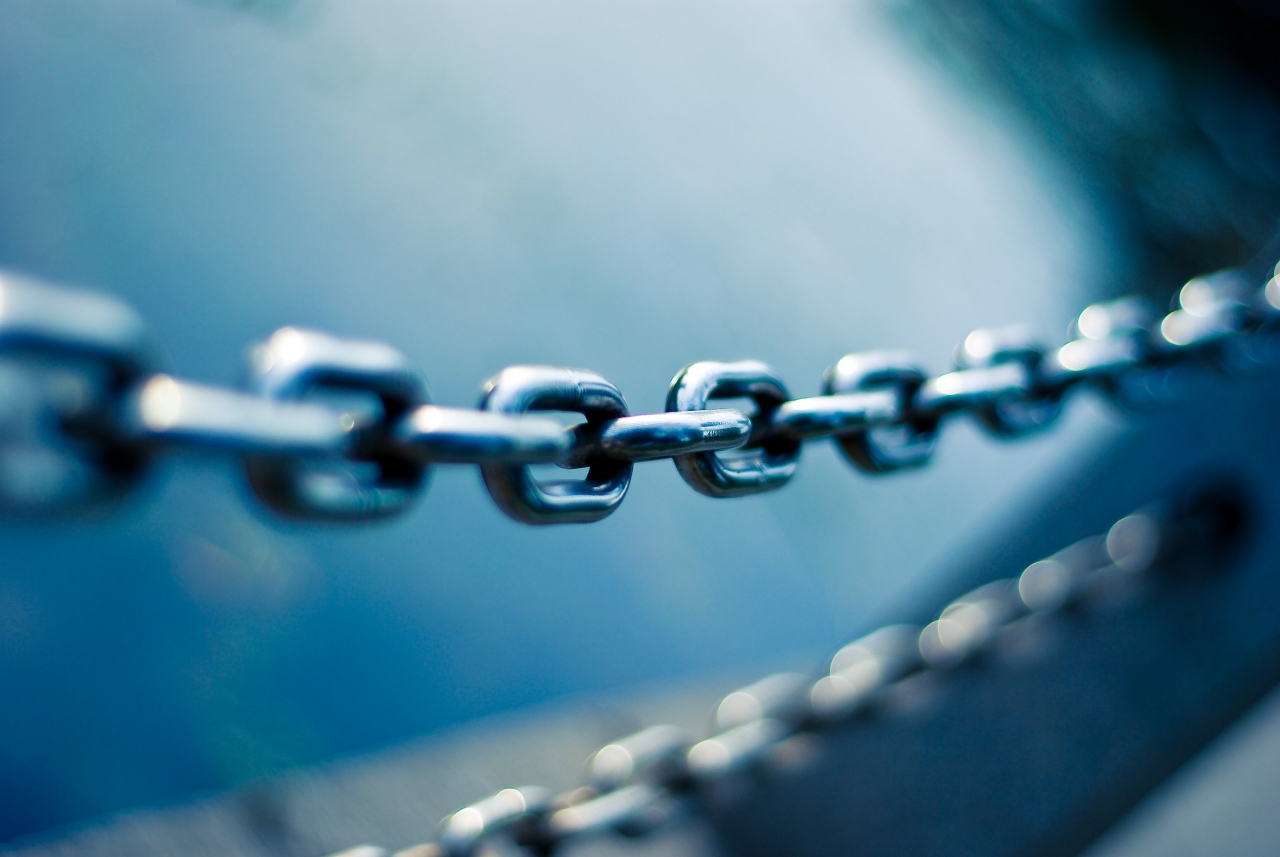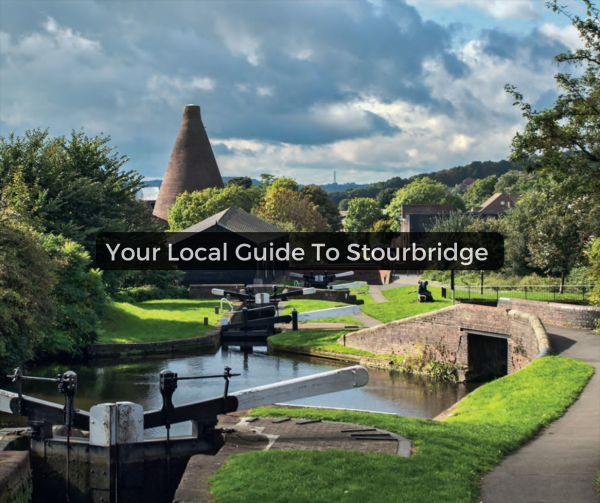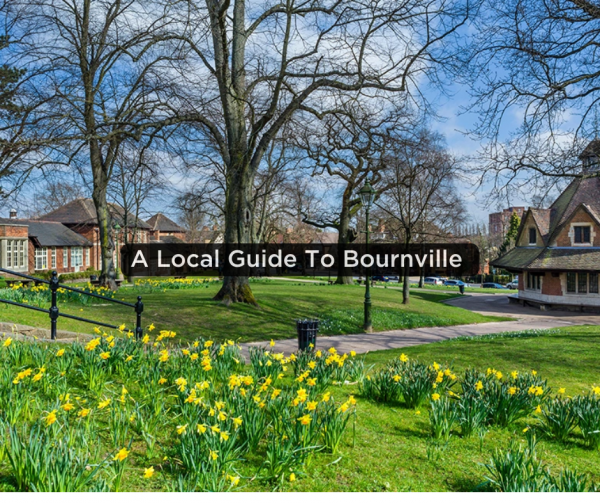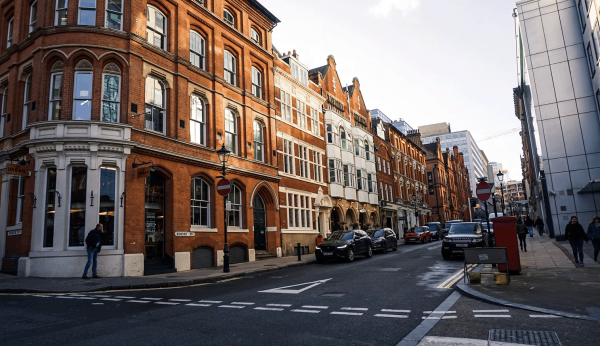What is a property chain and how do you break it?

On the run up to moving day a property chain can cause you all sorts of grief and complicate your completion - There are some things you can do to reduce risk but what are they?
So what is the property chain and how do you break it?
We get this question so often and particularly from first time buyers, for good reason. Over 25% of house sales fall through because of somebody pulling out of the sale, this has a chain reaction and affects the majority of people further up the chain who are relying on their property being sold before they can go ahead with the purchase of their new home.
Luckily, there are things you can do to manage or even avoid them.
What is a property chain?
A property chain is a group of properties where all the sales depend on each other.
Each person in the chain is connected together because each person is buying a property from somebody else. The chain begins with somebody who is only buying, this is normally a first-time buyer, and ends with somebody who is only selling. This could be somebody who is selling an inheritance property or who is buying a second home.
Being chain-free?
Being in a chain free transaction takes away so many potential issues that can affect the sale. If a seller doesn’t need to buy another house, then it means the sale of their house can progress without dependency upon another transaction going through.
It can also be where a buyer isn’t relying on the sale of their house to purchase a property or is a first-time buyer and doesn’t have a property to sell in order to progress with the purchase.
A few examples of where you would be chain free are:
- The seller already has a new home to move to
- The buyers are first-time buyers
- The seller is selling an inherited house or a second home.
- The home is being sold by a company. This could be the sale of a property that has been repossessed.
What risks does a property chain pose?
Unfortunately, property chains can cause problems that are unavoidable. Being in a property chain that has many links has increased risk due to the amount of opportunities for issues to occur anywhere in the chain. This could be the vendor or purchaser you’re dealing with, somebody 5 links down the chain from you. It can happen anywhere along the chain.
Chains can collapse for a number of reasons. One of the most common reasons is somebody changing their mind about a purchase or sale, or there is a change of circumstance - somebody losing their job, divorce or even something as unfortunate as falling ill.
It can also come down to a buyer failing to get the mortgage amount they need or a survey revealing extensive problems within a property that changes its value drastically.
How to break a property chain
There are so many ways to break the property chain and breaking it is something that will drastically reduce the risk of delay or a property sale falling through.
Some of the ways you can break free from the property chain are:
- Choosing a buyer who is chain free, like a first-time buyer. As estate agents we qualify all buyers but cannot foresee a buyer pulling out of a sale. So if you select a buyer who has less reason to pull out of a sale, it will reduce the risk to your sale.
- If you’re property sale and purchase are not likely to happen in a short time of one another, it may be worth considering short-term accommodation. Moving back in with parents or renting are two viable options. There are risks associated with this method as you can’t be certain of how long you will have to live there in between your sale and purchase. It does however mean that you are a chain free buyer, and sellers usually look favourably upon this.
- Refine your search to properties with no upward chain, like a new build or an inheritance property sale. This means that the seller isn’t dependant on the sale of the property to buy another.
How to keep a property chain moving
Being part of a property chain is sometimes unavoidable and having your purchase or sale being dependant on somebody else is daunting. But there are things you can do to reduce the risk and keep the chain moving along nicely.
- Avoid buying or selling at busy points in the year. Mid-year is usually a busy time, from May until August. Busy periods in the property market can cause problems that are simply out of your control, that could be something like a buyer considering multiple properties and pulling out from the purchase of yours.
- Planning is key. The last thing you want to do is get to the point where you’ve had your offer accepted and you’re coming up to the point of completion and then realise you haven’t started packing or getting anything in place to actually move. I’d recommend getting quotes from removal companies early on and start packing things you aren’t going to need imminently.
- Make sure that all paperwork is signed and returned in good time and in a secure way, either by hand, courier, or special delivery. Lost paperwork or it being handed in late will only delay the process and cause issues for everybody in the chain.
- Select a good, experienced conveyancing solicitor. A lot of people will say that you don’t need a local solicitor to complete your purchase or sale, which is true, but having a local solicitor who knows the area that you’re buying or selling in can save you so much time. It means that you can easily meet with them in person and their knowledge of the local area can save you a huge amount of time.
- Have your finances in place well in advance. If you’re funds are in place before you start the process of buying it is one less thing that can slow down the process. If you’re a cash buyer then this eliminates any potential issues with online money transfers.
- Be as available as you possibly can be. Being easily contactable, particularly on the run up to completion day allows your representatives to get on with the job quickly and won’t cause any delays.
Being chain free is something that doesn’t happen all that often. The majority of property sales involve a chain, so don’t worry if you are a part of one as it’s something that is out of your hands. Just keep in mind the points we’ve made today and it will help to keep the chain flowing, reduce the risks of a sale or purchase falling through and you will be in your new home, in no time at all.




